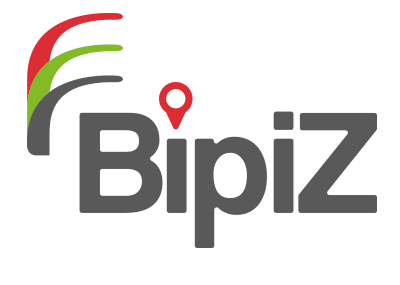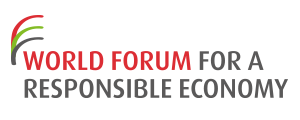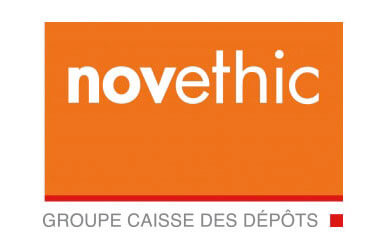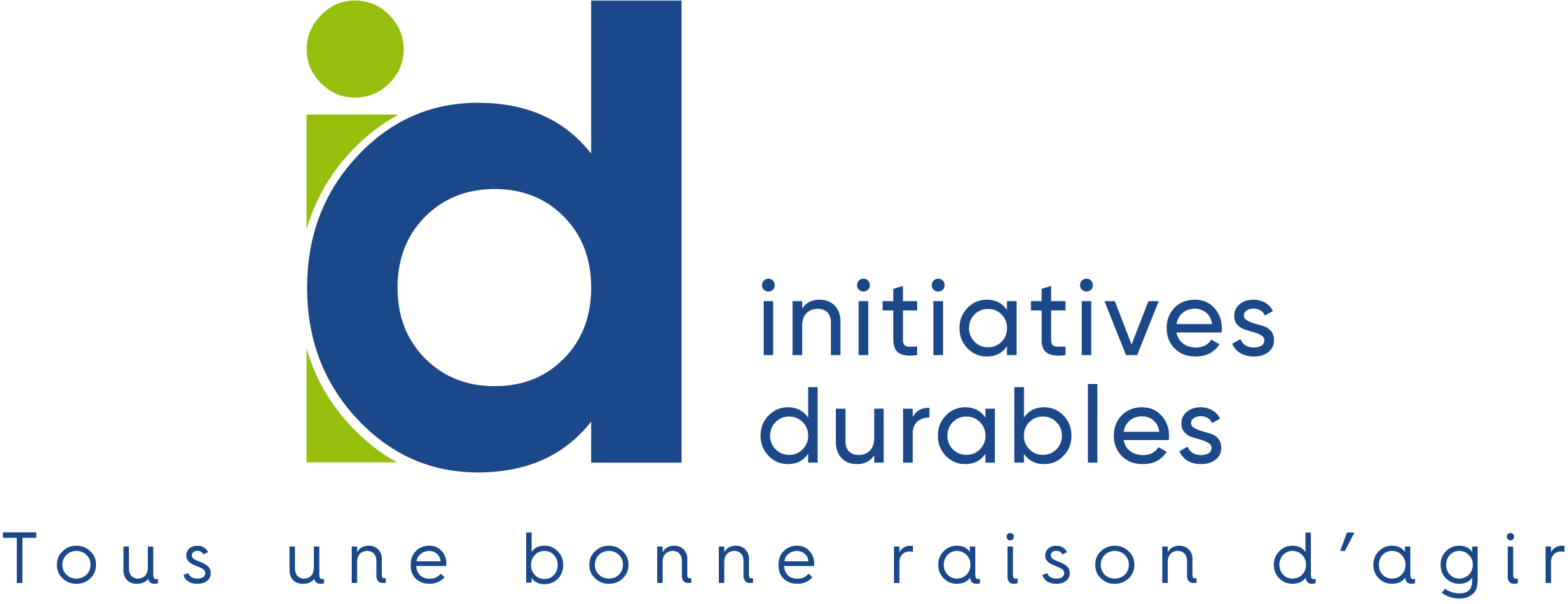Voted Sweden's favourite hamburger chain in 2017, Max Burgers was founded in 1968 by Curt Bergfors and Britta Andersson in Sweden and today has more than 130 restaurants worldwide.
Very early on, they realized that their business, beef cooking, did not mesh well with the environmental cause. So, through their activity, they decided to take action by reducing their greenhouse gas emissions and, at the same time, eliminate some of the carbon dioxide already emitted. Beyond climate neutrality, Max Burgers has gradually moved towards a "climate positive" activity.
Translated with www.DeepL.com/Translator (free version)



















